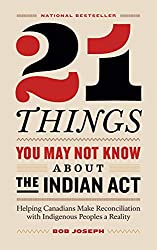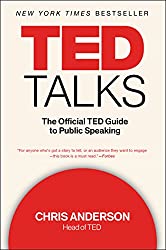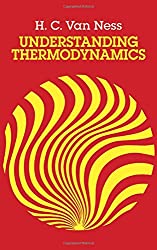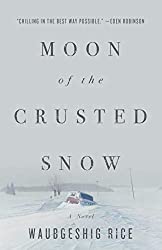
Rating: 7.4/10.
21 Things You May Not Know About the Indian Act: Helping Canadians Make Reconciliation with Indigenous Peoples a Reality by Bob Joseph
A fairly short book (main text is 100 pages) recommended by my manager, about Canadian-Indigenous relations while focusing on the Indian Act. Indigenous topics have been popular in the news recently following the discovery of unmarked graves in residential schools. The author of this book is a native from British Colombia and the book is basically a list of 21 ways that the Indian Act has been unfair or harmed native people in some way. The charges range from the well-known atrocities (residential schools) to obscure ones (eg: prohibiting natives from selling farm produce or playing pool).
The Indian Act was created in the 1870s with the intention of forcibly assimilating the native population. Children were taken into residential schools where they were prohibited from speaking their native languages, cultural practices like the potlatch were banned, etc. This continued for several decades until public attitudes started shifting in after WW2, and by the 1960s, the worst was over (although the last residential school only closed in 1996). The Canadian government now apologizes for their mistreatment in the past, but many feel that this is just empty words with no action.
The author raises awareness of the injustices committed in the past, but these facts are common knowledge to most Canadians now. The more difficult and practical question is how to correct these past injustices, given that we can’t go back and change the past, but this is only briefly discussed. The author advocates for more funding towards a range of social services and self-determination, but it is simplistic; I would’ve liked to see some evidence-based analyses to determine what are the most effective policies moving forward.



